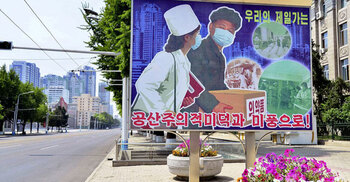AR Rahman recalls the darkest phase of his life

India’s Oscar-winner AR Rahman lost his father RK Shekhar when he was just nine. Shekhar was a popular musician and music conductor who worked with some of the leading composers of south cinema. He died in the prime of his life but it’s the goodwill that he left behind for his family that became a stepping stone for Rahman during the early days of his music career, reports The Indian Express.
Rahman recalled that seeing his father suffer from an illness was the darkest phase of his life. “My childhood was not a normal one. I was a bit secluded. I mainly lived in hospitals with my father getting treatment. And at the age of 11 or 12, I started working. I didn’t have the privilege of going out or playing sports. But, I had personal time, which I spent mostly with music. Which is in a way was a blessing,” he said during an interview with the YouTube channel O2India earlier.
He also noted that he tries not to revisit the memories from the time when his father was ill. One day, he was pulled out from the middle of a class at school and told to get back home at once. His father was sick for about four years until he passed away in 1976. Rahman was in the 4th standard. “I can still remember me cremating him. Setting him on fire. I was as young as nine. And that’s one imagery in my life never goes off. That memory still haunts me. But, it makes me understand life better because it all happened at very early stages of my life. It has given me something a normal kid could never have had,” he said.
After the passing away of his father, the responsibility of running the family fell on the young shoulders of Rahman. He had to discontinue his school, so he could work full time to support his family of five. He began renting out his father’s music equipment, before his father’s long-time collaborator and late music composer M. K. Arjunan helped him kick-start his music career. He started at the bottom of the ladder earning Rs 50 for his first salary. He became a session musician, and a keyboard player and gradually progressed to compose jingles for television advertisements before he landed his first feature film assignment, Roja. And, as they say, the rest is history.







